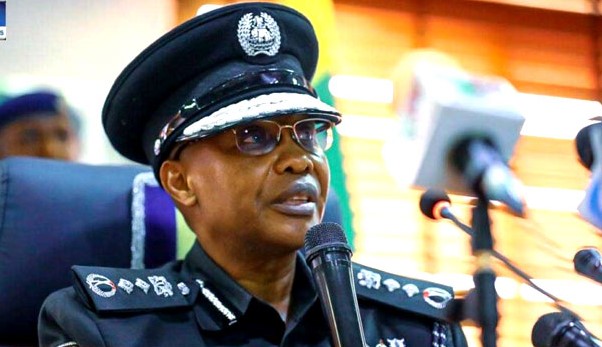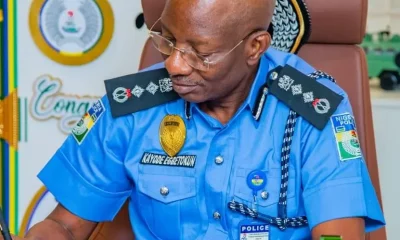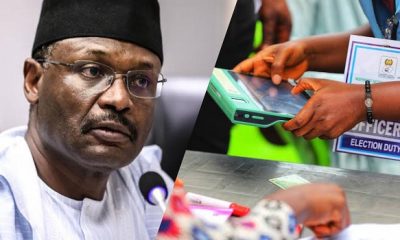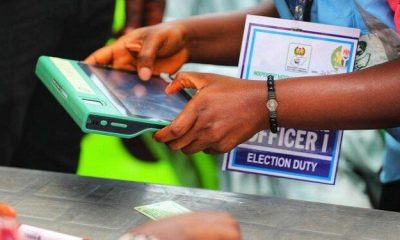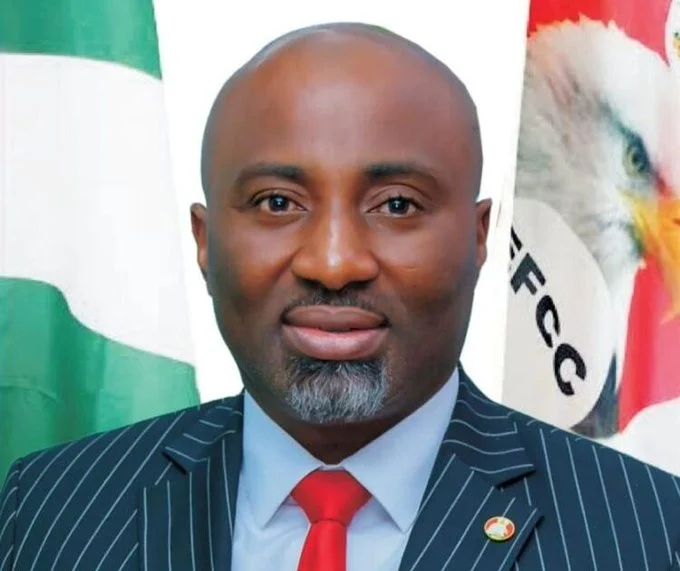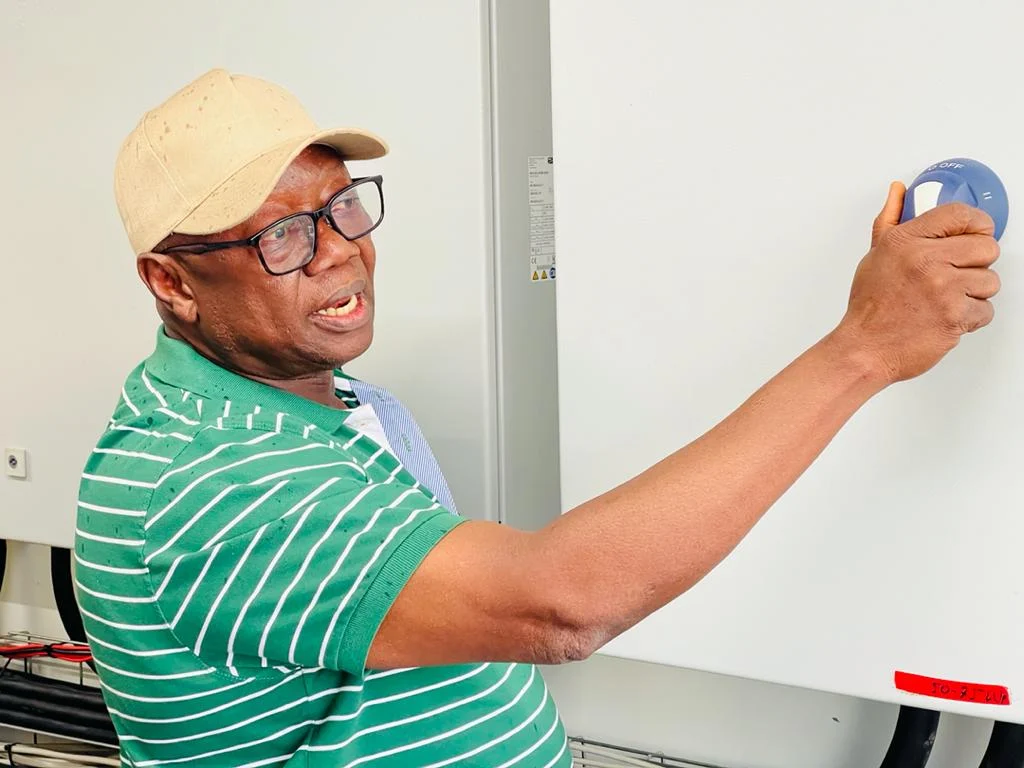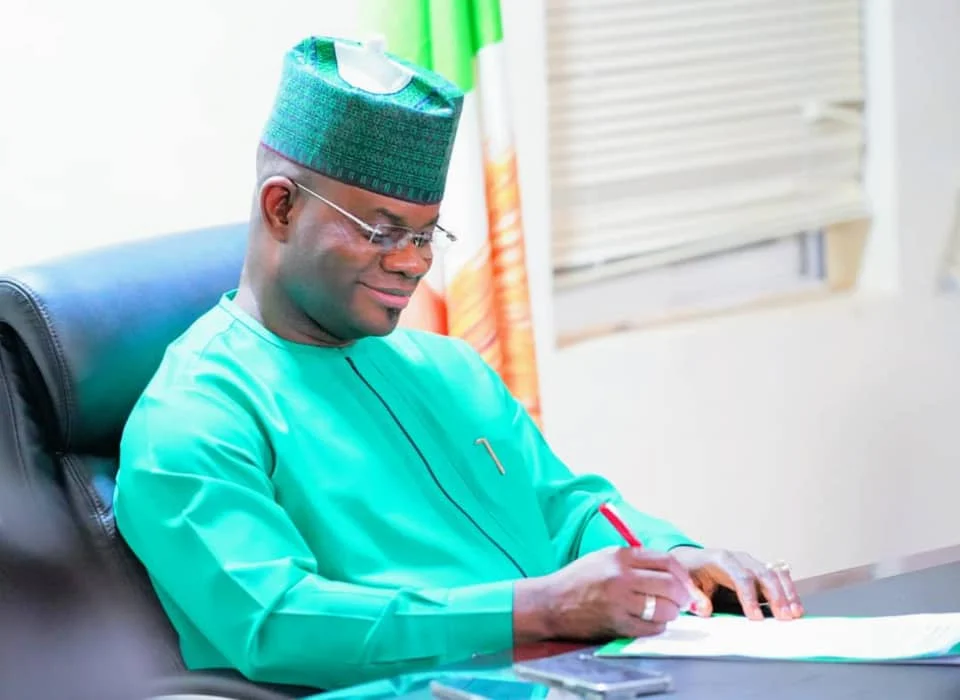The Inspector-General of Police, Usman Baba, has alleged that politicians and other prominent personalities of being behind the recent attacks on the officers of the Independent National Electoral Commission in different parts of the country.
The IG, who was represented by the Deputy Inspector-General, Department of Operations, Dandaura Mustapha, stated this on Friday when he appeared before the House of Representatives ad hoc committee investigating attacks on INEC assets across the country.
Similarly, the INEC Chairman, Prof Mahmood Yakubu, warned that the continued attacks on assets belonging to the electoral umpire could frustrate the 2023 general elections.
Baba noted that the Nigeria Police Force, being the lead agency in internal security and elections generally, was always at the receiving end, stating, “Whatever happens, it is the duty of the police to protect here and there.
“The campaigns commenced and what we realised initially was inter and intra-party disputes. We realised that members of political parties were destroying billboards, posters and campaign offices in some parts of the states. We quickly alerted the commissioners of police in charge of the commands and gave them a clear directive that it is the right of every political party to go to all the nooks and crannies of society and campaign. It is a constitutional right, so on no account does a state governor or any state actor should prevent political parties from moving about to do their campaigns.
“We now come to the immediate attacks on INEC facilities. Of recent, the ones that took place in Osun and Ogun, then last week in Ebonyi, Imo and Enugu; it is a well known fact that in the South-East geopolitical zone, we have issues of secessionists – the IPOB and ESN. These groups are bent on stopping elections from taking place in the South-East. They have been attacking our personnel; they have been retrieving arms from members of the security agencies, not only the police but the military and other paramilitary organisations that are there. They have been doing it, especially now that the embargo on campaigns has been lifted.
“The election is approaching very fast and they are putting much pressure to see that this election does not hold in the South-East geopolitical zone.
“In the South-West, we equally have the pro-Yoruba secessionists that are equally bent on seceding and not allowing election to take place in their areas, hence the attack on INEC in Osun and Ogun of recent. Those ones are also sponsored by politicians and other stakeholders.”
According to the police boss, there is also the issue of failed and desperate politicians who are bent on stopping INEC from conducting the elections.
“The failed politicians are those who could not come back through any political party, and as far as they are concerned, let everything spoil, let everything scatter. They are using that opportunity to sponsor illiterate followers of the parties and hoodlums to make sure that this general election does not hold and should not be successful,” Baba added.
The IG recalled that on November 17, 2022, he held a meeting with political party leaders and INEC, where it was agreed that all political parties were free to go about their campaigns in all the states, but they should talk and work on their followers to desist from hooliganism.
Baba also recalled that he met with all the operational officers of the other security agencies on the issue.
The INEC chairman, on his part, said the commission was suffering attacks on its offices and assets across the country, especially in the South-East, as well as destruction by flood during the rainy season.
Yakubu said, “The attacks have far-reaching implications on preparations for the general election. First, the facilities that are destroyed, especially offices, will take time to rebuild. They are not like items of procurement that you can procure off the shelf. So, an alternative arrangement has to be made. So, in some of the states, in addition to these malicious attacks, other matters that have arisen as a result of fire and flooding, we will have to make alternative arrangements by renting in some places we can find facilities to rent. In some of the remote areas, we may not find facilities to rent; so, we have to look for alternatives to the damaged facilities.
“Secondly, several materials lost will have to be replaced. In the recent attacks, some of the PVCs, for instance, were lost. But for the PVCs, we have instructed our state offices to send the Voter Identification Numbers of the PVCs lost so that we can reprint. We can from our database quickly regenerate and reprint the cards so that citizens are not disenfranchised.
“The commission and security agencies must also continue to provide safety around the facilities and this, as I said earlier, may be very challenging because the security agencies are also protecting all of us and other national assets. So, these attacks on our facilities are actually other challenges that our security agencies can do without. Now, we have to rebuild the facilities and our funds are overstretched by a number of factors. We cannot continue to replace and rebuild.”
According to Yakubu, what is even more worrisome for INEC is the attack in the Izzi Local Government Area of Ebonyi State, which first took place on May 18, 2012.
“We found the resources in our election project plan budget to rebuild the office and we did so. We rebuilt the office and our staff members moved in on Friday. That weekend, on Sunday, the office was burnt down again and there are five such offices nationwide where in spite of our best efforts, the facilities were attacked not once, but twice,” he added.
The INEC chairman noted that the commission had five offices which were attacked after they were rebuilt.
Yakubu added, “We are determined that we will continue with our preparations for the 2023 general election. So far, all the facilities will be rebuilt or alternatives found and materials will be replaced. However, should such attacks continue at the pace at which they are happening at the moment, the commission may find it increasingly difficult to recover in time for the elections.
“If it is about stopping the attacks, yes, we can recover. But if the attacks continue, it will be very difficult for the commission to recover. That is why concerted efforts to stop these attacks have become imperative and we hope that this public hearing will contribute to the required outcome.”

 News3 years ago
News3 years ago
 Entertainment2 years ago
Entertainment2 years ago
 News3 years ago
News3 years ago
 Privacy3 years ago
Privacy3 years ago
 Sports2 years ago
Sports2 years ago
 Entertainment2 years ago
Entertainment2 years ago
 News3 years ago
News3 years ago
 Opinion3 years ago
Opinion3 years ago
